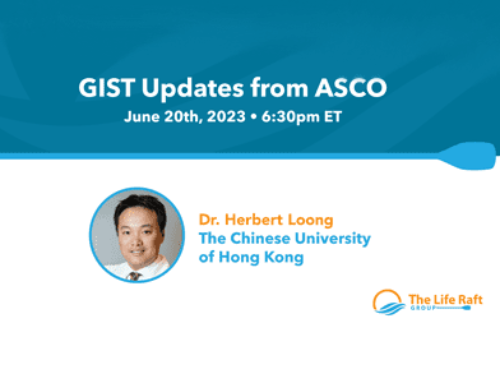A recent announcement from the University of Texas MD Anderson Cancer Center described a study that shows promise for a potential treatment (LOXO-101) that targets solid tumors with NTRK gene fusions.
The investigational agent, LOXO-101 (LOXO Oncology), demonstrated clinical activity in patients with solid tumors that had neurotrophic tyrosine receptor kinase gene fusions (NTRK). NTRK gene fusions drive the growth of tumors and are found in a variety of tumor types.
According to David Hong, M. D., Associate Professor of Investigational Cancer Therapeutics at MD Anderson, “We saw efficacy with significant tumor regression in all six patients enrolled in the study. These preliminary results for the first-in-human clinical trial of the NTRK-targeted investigational agent LOXO-101 help to validate NTRK gene fusions are drivers of several cancer types and suggest that LOXO-101 is a safe, tolerable and potentially effective option for these patients.” (Medscape Medical News, April 25, 2016)
43 patients were enrolled in the study which included patients with an advanced or metastatic cancer who had experienced progression on standard therapies. Seven of the patients had gene fusions involving NTRK1 or NTRK3. Tumor types in this subset included non-small cell lung cancer, sarcoma, papillary thyroid cancer, gastrointestinal stromal tumor or mammary analog secretory carcinoma of the salivary glands. One GIST patient was enrolled in the study.
Although a small sample, with six of the seven patients (86%) showing a confirmed RECIST response, it shows promise. Six patients with TRK fusion cancers had been on the study for a sufficiently long time for their first efficacy assessment, and all six exhibited significant tumor regressions. A seventh patient with a TRK fusion cancer was enrolled more recently, and thus had not yet been evaluated for response as of the data cutoff date, though the patient remains in the study.
None of these patients have demonstrated evidence of progressive disease. No TRK fusion patients have progressed, with one patient in cycle 14, two patients in cycle 10 and three patients in cycle 7, as of the data cutoff date. The drug showed no clear objective activity in patients whose tumors did not have this abnormality.
The NTRK gene fusion does not occur often in cancer patients, but occurs at much higher rates in some of the rare cancers, and may be present in moderate rates among GIST patients that are both KIT and PDGFR negative. There is some thought that “Quadruple Wild Type” GIST patients (those that are KIT, PDGFRA, and BRAF negative, and show no SDH deficiency) may also be more likely to harbor these fusions and thus benefit from this treatment. It is unclear at this time exactly how prevalent these fusions are in these subsets of GIST patients, as testing is not widespread, though an initial report suggests it may be at least 20%1.
The 43 patients in the study received LOXO-101 at one of five doses: 50mg daily, 100mg daily, 200mg daily, 100mg twice daily or 150mg twice daily. LOXO-101 appears to be well-tolerated. Maximum tolerated dosage has not yet been reached. The most commonly reported adverse events have been fatigue (33%), constipation (23%), and dizziness (23%).
Results point to the next step being an ongoing, multisite, global, single-arm open-label basket trial including patients with solid tumors that harbor NTRK gene fusions.
Dr. Hong believes comprehensive genomic profiling is key to discovering more information about TRK gene fusions.
“It is fundamentally important that we adopt genomic profiling as a field. In the case of this Phase I trial, many of the TRK fusion patients were detected as part of genomic testing, and I am encouraged to see that labs around the world are increasingly including TRK fusions in their routine testing menus.”
KIT and PDGFRA negative GIST patients are encouraged to contact Loxo Oncology to learn more about inclusion criteria and other logistics for the trial, including ways to get tested and trial assistance. Interested patients and physicians can contact the Loxo Oncology Physician and Patient Clinical Trial Hotline at 1-855-NTRK-123.



